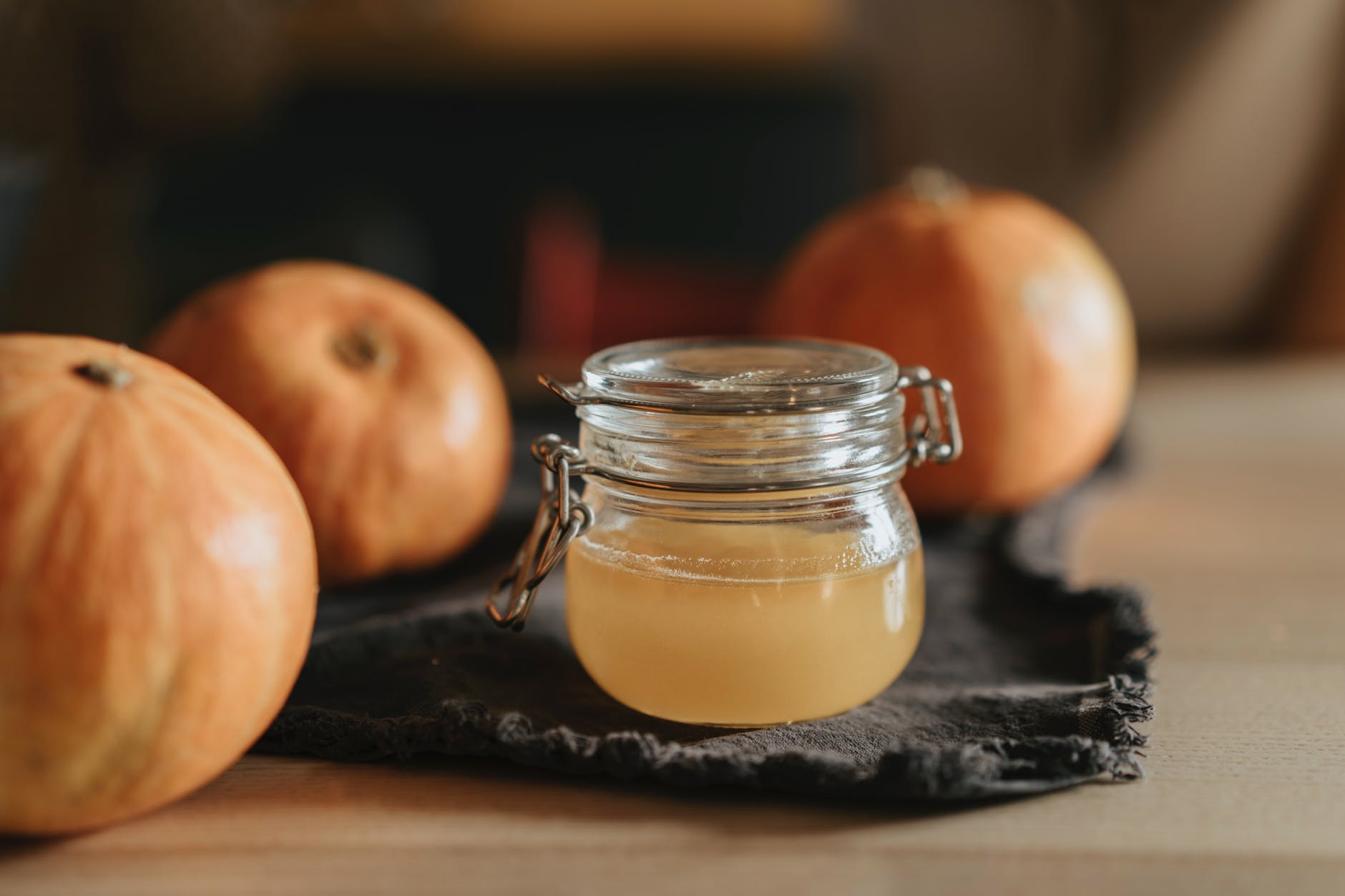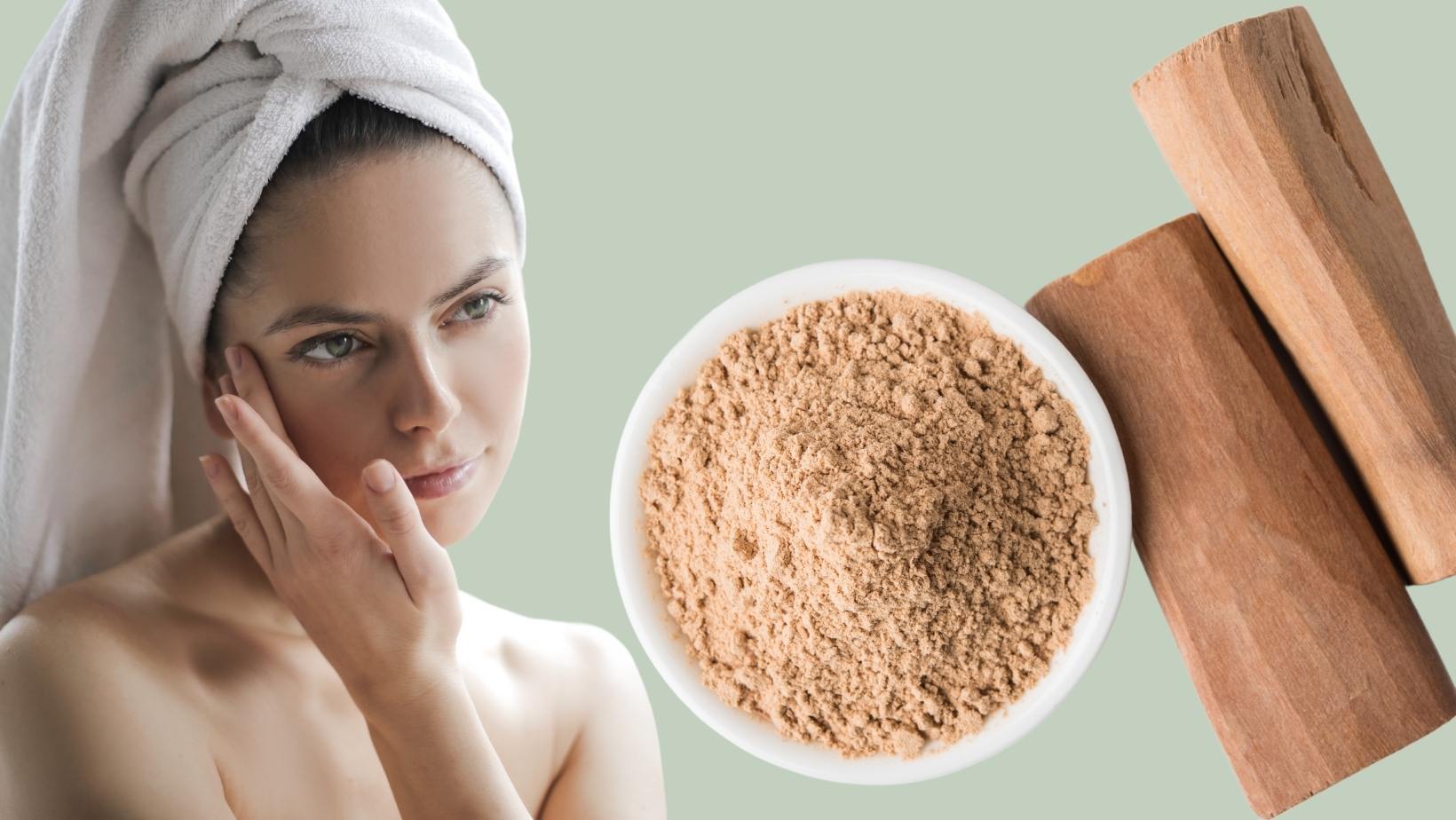
Hello there! 😊 If you’re reading this, chances are you’re looking for some relief from that pesky cough. Well, you’re in the right place! This blog post will guide you through 14 effective home remedies for various types of cough. So, let’s dive right in! 🏊♀️
🤔 Understanding Cough
First things first, let’s understand what a cough is. A cough is your body’s way of responding when something irritates your throat or airways. An irritant stimulates nerves that send a message to your brain. The brain then tells muscles in your chest and abdomen to push air out of your lungs to force out the irritant. A cough can be acute, subacute, or chronic depending on how long it lasts.
🌿 Natural Remedies for Different Types of Cough
🧑🦳 Cough Home Remedies for Adults
When it comes to adults, one of the most effective and time-honored remedies for a sore throat is honey. Honey is a natural substance that has been used for centuries for its healing properties. It is known for its ability to soothe the throat and reduce the severity and frequency of a cough. Honey is rich in antioxidants and has antimicrobial properties, which can help to fight off infections. It also acts as a natural cough suppressant, reducing the urge to cough.
Here are some ways you can use honey as a cough remedy:
- Take a spoonful of raw honey once or twice a day, especially before bedtime.
- Add honey to a cup of warm water or herbal tea.
- Mix honey with lemon juice for added benefits.
😷 Dry Cough and Chest Pain Natural Remedy
For those suffering from a dry cough and associated chest pain, ginger can be a lifesaver. Known for its multitude of health benefits, ginger can soothe a dry cough and relieve chest pain. Ginger has anti-inflammatory properties that can help to reduce inflammation in the throat and chest, providing relief from the discomfort caused by a persistent dry cough.
Here are some ways you can use ginger as a cough and chest pain remedy:
- Chew on a piece of raw ginger.
- Add ginger to your tea or hot water and sip on it throughout the day.
- Mix ginger juice with honey for a potent cough remedy.
🌙 Cough Syncope Home Remedy
Cough syncope is a condition where a person faints after a bout of intense coughing. While it’s always important to seek medical attention for such conditions, staying hydrated can be a simple yet effective home remedy. Drinking fluids of any kind, especially water, is beneficial in keeping your throat moist and reducing the urge to cough.
Here are some ways to stay hydrated for Cough Syncope or otherwise :
- Drink at least 8-10 glasses of water a day.
- Include fresh fruits and vegetables with high water content in your diet.
- Drink herbal teas, fruit juices, or broths to increase your fluid intake.
🧠 Sensory Neuropathic Cough Home Remedies
Sensory neuropathic cough is a chronic cough that’s thought to be caused by a sensory neuropathy, or damage to the sensory nerves in the upper airway. One of the most effective home remedies for this type of cough is steam inhalation. The warmth and moisture from the steam can soothe the throat and airways, reducing the cough reflex.
Here are some ways to do steam inhalation to help with Sensory Neuropathic Cough:
- Take a hot shower and allow the steam to accumulate in the bathroom.
- Boil water in a pot, place a towel over your head, and inhale the steam.
- Use a humidifier in your room to increase the moisture in the air.
🤧 Natural Remedies for Stuffy Nose and Cough
A stuffy nose and cough can be quite bothersome, affecting your ability to breathe comfortably. One of the simplest and most effective home remedies for this is a saltwater gargle. The saltwater can help soothe a sore throat that often accompanies a stuffy nose and cough. It can also help clear nasal congestion by thinning the mucus and making it easier to expel.
Here are some ways to do a saltwater gargle to help with Stuffy Nose and Cough:
- Mix a teaspoon of salt in a cup of warm water.
- Take a sip of the solution and gargle for a few seconds before spitting it out.
- Repeat the process a few times a day.
⏱️ Instant Remedy for Dry Cough
For those looking for an instant remedy for a dry cough, turmeric can be a great option. Turmeric is a staple in traditional medicine and can provide instant relief from a dry cough. The curcumin in turmeric has powerful anti-inflammatory and antimicrobial properties that can help relieve symptoms of a dry cough.
Here are some ways to use turmeric as a cough remedy:
- Add a teaspoon of turmeric to a glass of warm milk and drink it before bedtime.
- Mix turmeric with honey to make a potent cough remedy.
- Add turmeric to your food to reap its benefits.
🌱 Ayurvedic Remedies for Cough
Ayurveda, the ancient Indian system of medicine, offers a wealth of remedies for various ailments, including cough. Let’s explore some of these remedies.
🍵 Ayurvedic Medicine for Bronchitis Cough
Tulsi, also known as Holy Basil, is a popular remedy for cough in Ayurveda. It is known for its Vata and Kapha pacifying properties and can be beneficial in managing bronchitis cough. Consuming a few leaves of Tulsi or drinking Tulsi tea can help soothe the throat and reduce coughing.
Here are some ways to use Tulsi as a cough remedy:
- Chew on a few leaves of Tulsi.
- Make a tea by boiling Tulsi leaves in water.
- Mix Tulsi juice with honey for a potent cough remedy.
🌿 Ayurvedic Medicine for Chronic Cough
For chronic cough, Ayurveda often recommends black pepper. Black pepper can help to break up mucus and phlegm deposits in the respiratory tract, providing relief from chronic cough.
Here are some ways to use black pepper as a cough remedy:
- Add black pepper to your food.
- Mix black pepper with honey and consume it a few times a day.
- Make a tea by boiling black pepper in water.
🍵 Natural Remedies for Mucus in Chest
If you’re dealing with mucus in your chest, hot liquids can be a great help. Hot liquids, such as tea or a warm water, can help in dissolving mucus in the respiratory tract and relieve congested chest.
Here are some ways to use hot liquids as a remedy for Mucus in Chest:
- Drink a cup of herbal tea a few times a day.
- Sip on warm water throughout the day.
- Make a warm soup and consume it for relief.
🏃♀️ Best Ways to Get Rid of a Cough Fast
When it comes to getting rid of a cough fast, a combination of honey and lemon can be quite effective. Both honey and lemon have antimicrobial and anti-inflammatory properties that can soothe the throat and reduce coughing.
Here are some ways to use honey and lemon as a cough remedy:
- Mix a spoonful of honey with a few drops of lemon and consume it a few times a day.
- Add honey and lemon to a cup of warm water or tea and sip on it.
- Make a cough syrup by mixing honey, lemon, and ginger.
🍵 Home Remedies for Cough and Mucus
If you’re dealing with a cough and mucus, ginger tea can be a great home remedy. The warmth of the tea can soothe the throat, while the ginger can help break up mucus and reduce inflammation.
Here are some ways to use ginger tea as a remedy for Cough and Mucus:
- Make a tea by boiling ginger in water.
- Add ginger to your regular tea.
- Mix ginger juice with honey for a potent cough remedy.
🏠 Curing Bronchitis at Home
Bronchitis can be quite bothersome, but there are ways to manage it at home. One of the most effective ways is through steam inhalation. Steam inhalation can help soothe the airways and loosen mucus, which can be beneficial in managing bronchitis symptoms.
Here are some ways to do steam inhalation for Curing Bronchitis:
- Take a hot shower and allow the steam to accumulate in the bathroom.
- Boil water in a pot, place a towel over your head, and inhale the steam.
- Use a humidifier in your room to increase the moisture in the air.
🌿 Herbs for Cough and Mucus
When it comes to managing cough and mucus, herbs can be quite beneficial. One such herb is thyme. Thyme has been used in medicine for thousands of years and can help treat respiratory conditions, including cough and mucus.
Here are some ways to use thyme as a cough remedy:
- Make a tea by boiling thyme leaves in water.
- Add thyme to your food.
- Mix thyme oil with a carrier oil and apply it on your chest.
🌙 Dry Cough Remedies
If you’re dealing with a dry cough, especially at night, honey can be quite beneficial. Consuming a spoonful of honey before bed can provide relief from dry cough. It can soothe the throat and reduce coughing, leading to better sleep.
Here are some ways to use honey as a cough remedy:
- Take a spoonful of raw honey before bedtime.
- Add honey to a cup of warm water or herbal tea.
- Mix honey with lemon juice for added benefits.
🍵 Homemade Cough Syrup
If you’re looking for a homemade remedy for a cough, consider making a cough syrup from honey, lemon, and ginger. These ingredients have antimicrobial and anti-inflammatory properties that can soothe the throat and reduce coughing.
Here’s how to make homemade cough syrup:
- Mix equal parts of honey, lemon juice, and ginger juice.
- Store the mixture in a clean jar.
- Take a spoonful of the syrup a few times a day.
🌙 Home Remedy for Sore Throat and Dry Cough
A sore throat and dry cough can be quite bothersome, but a warm saltwater gargle can provide relief. The warmth can soothe the throat, while the salt can help reduce inflammation and kill bacteria.
Here are some ways to do a saltwater gargle to help with Sore Throat and Dry Cough:
- Mix a teaspoon of salt in a cup of warm water.
- Take a sip of the solution and gargle for a few seconds before spitting it out.
- Repeat the process a few times a day.
🌟 Magic Cure for Post Nasal Drip Cough
If you’re dealing with a post nasal drip cough, staying hydrated and using a humidifier can help. The moisture can help thin the mucus, making it easier to expel and reducing coughing.
Here are some ways to stay hydrated and use a humidifier for Post Nasal Drip Cough:
- Drink at least 8-10 glasses of water a day.
- Include fresh fruits and vegetables with high water content in your diet.
- Use a humidifier in your room to increase the moisture in the air.
🏆 Best Natural Remedy for Cough
When it comes to the best home remedy for cough, honey often takes the crown. Its antimicrobial and anti-inflammatory properties can soothe the throat and reduce coughing, providing relief.
Here are some ways you can use honey as a cough remedy:
- Take a spoonful of raw honey once or twice a day, especially before bedtime.
- Add honey to a cup of warm water or herbal tea.
- Mix honey with lemon juice for added benefits.
🤧 Home Remedies for Cough and Cold
When dealing with a cough and cold, rest and hydration are crucial. Rest allows your body to heal, while hydration helps thin mucus and reduces coughing.
Here are some ways to rest and stay hydrated:
- Get at least 7-9 hours of sleep a night.
- Take short naps during the day if needed.
- Drink at least 8-10 glasses of water a day.
- Include fresh fruits and vegetables with high water content in your diet.
🎉 Conclusion
And there you have it! We’ve journeyed through a comprehensive list of 14 effective home remedies for cough, each one offering a unique approach to tackling different types of coughs. From the soothing properties of honey and the anti-inflammatory benefits of ginger, to the traditional Ayurvedic practices involving Tulsi and black pepper, these remedies provide a natural and accessible way to manage and alleviate cough symptoms.
It’s fascinating to see how these remedies, many of which have been used for centuries, align with modern scientific understanding. For instance, the antimicrobial properties of honey and the anti-inflammatory effects of ginger have been confirmed by numerous scientific studies. Similarly, the use of herbs like Tulsi and black pepper in Ayurveda is backed by a rich history of traditional knowledge and recent scientific research.
However, it’s important to remember that while these remedies can provide relief, they are not a substitute for medical advice. Persistent or severe symptoms should always be evaluated by a healthcare provider. Moreover, it’s essential to remember that everyone’s body is different, and what works for one person may not work for another. Therefore, it’s always a good idea to try different remedies and see what works best for you.
In conclusion, the power of nature and traditional knowledge, combined with modern scientific understanding, offers us a wealth of options when it comes to managing a cough. Whether you’re dealing with a dry cough, a cough accompanied by mucus, or a chronic cough, these remedies can provide some relief and comfort. So, the next time you find yourself or a loved one grappling with a cough, consider trying out these home remedies. Stay healthy, embrace the healing power of nature, and happy healing! 🎉
Blog Tags: Cough Remedies, Home Remedies, Dry Cough, Cough Treatment, Ayurvedic Medicine, Bronchitis, Mucus in Chest, Chronic Cough, Cough and Cold, Natural Remedies, Homemade Cough Syrup, Post Nasal Drip, Sore Throat, Cough and Mucus, Stuffy Nose, Cough Syncope, Sensory Neuropathic Cough, Herbs for Cough.












